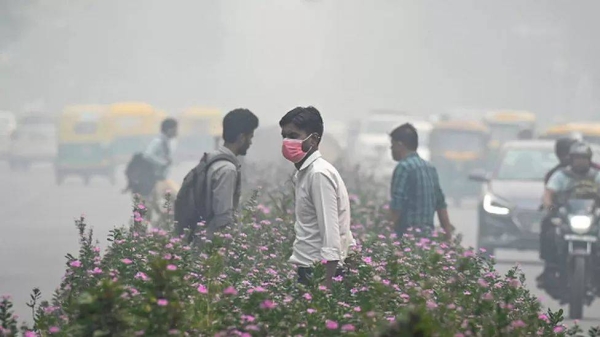
NEW DELHI, Nov 17 (Reuters) - Worsening air quality in India"s capital New Delhi has led to a spike in chronic respiratory conditions such as asthma among children, and prolonged exposure to deadly pollutants could impair their cognitive development, doctors said.
Pollution has been hitting dangerous levels across New Delhi and other parts of northern India this month. read moreOn most days, the Air Quality Index (AQI) has stayed above 451 on a scale of 500, indicating "very poor" and "severe" conditions that affect even healthy people and seriously impact those with existing diseases, according to the federal pollution control board"s guidance.
The AQI measures the concentration of poisonous particulate matter PM2.5 in a cubic metre of air. The government prescribes a "safe" PM2.5 reading at 60 micrograms per cubic meter of air over a period of 24 hours.A sharp increase in respiratory cases among children in the Indian capital has raised concerns among doctors and parents.
The number of children with respiratory ailments has gone up threefold in the past seven to 10 days, said Arvind Bountra, head of paediatrics at Max Super Speciality Hospital.
"This is directly linked to high levels of pollution that the city of Delhi and NCR are witnessing..." Bountra said, referring to the National Capital Region that includes Delhi"s satellite cities.
There"s been a significant increase in the number of cases with respiratory and bronchial issues, said Praveen Khilnani, director of Madhukar Rainbow Children"s Hospital.
While most children get treated by the outpatient department, some need oxygen and intensive care, Khilnani added.
"My son couldn"t sleep due to breathing difficulties," said Anamika Gangwal, mother of a three-and-a-half-year-old son.
Extended exposure to pollutants, including lead, could lead to even more severe complications.
"There is some study that shows that the cognitive functions of the brain (among kids) are also affected by these very small particles," said Bountra.












